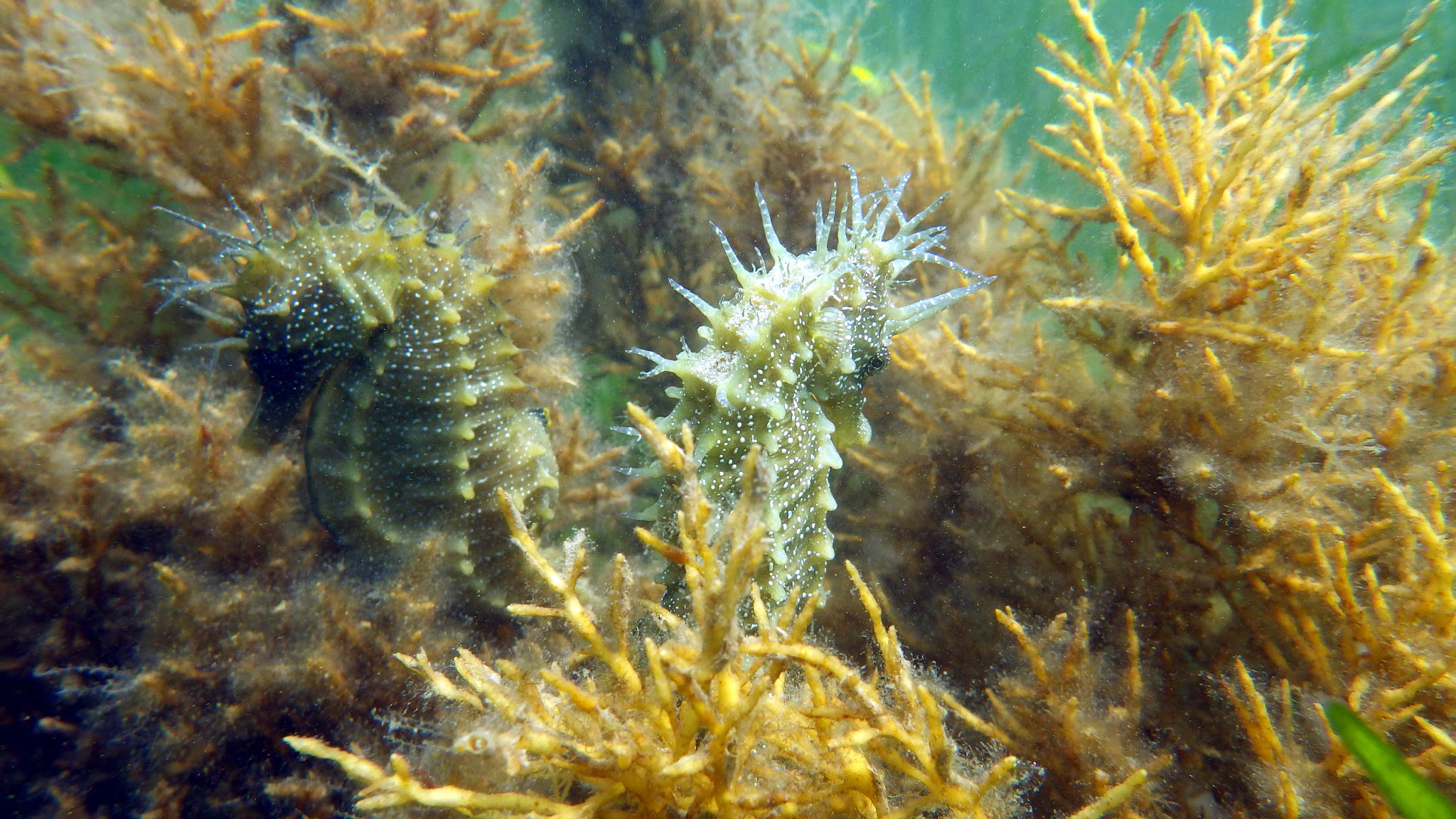
Seahorses could become extinct within three decades if action is not taken to stop the sale of dead marine life as curiosities, conservationists have warned.
Undercover research by the international charity, Save Our Seahorses, has revealed that 150 million seahorses are killed worldwide every year for the seaside curio trade and for use in traditional Chinese medicine.
This far exceeds the official estimate, which puts the figure at 64 million.
Based on the scale of the destruction, Save Our Seahorses has predicted that seahorses will disappear from our oceans within 25 to 30 years.
Following the research, The Seahorse Trust has launched a campaign to clamp down on the illegal sale of dried seahorses as holiday souvenirs in Britain.
While seahorses are protected in the UK under the Wildlife and Countryside Act, it is difficult to stop them from being illegally imported via the internet, Neil Garrick-Maidment, Executive Director of The Seahorse Trust, told Love Nature.
The Stop the Curio Trade campaign encourages holidaymakers not to purchase dried sea creatures like seahorses or starfish as trinkets, and to report the shops that sell them to the charity. Members of the public are advised not to confront shop owners, but instead to take a photograph of the seaside curios, and email it, along with the shop details, to: [email protected]
Last year, a raid on a shop in Torbay, Devon, by the Wildlife Crime Unit confiscated over 10,000 seahorses.
Neil Garrick-Maidment said: ‘Most people think that if they see dead seahorses for sale in the UK, it must be legal, but it is not. The practice is unsustainable and if we don’t take action soon, seahorses could become a relic of the past.’
The campaign builds on the charity’s successful bid last year to ban the sale of seahorses via ebay in Europe, Australia and the US.
As it gathers momentum, the Trust intends to lobby the Government to introduce an outright ban on the sale of all seaside curios, including starfish, shells, corals and porcupine fish. It is also appealing for donations to help it achieve its aims.
Two seahorse species are found around the British coastline—the Spiny Seahorse and the Short Snouted Seahorse—and there are thought to be more than 40 species worldwide.
Seahorses are the only species in which the male has a reversed pregnancy.
